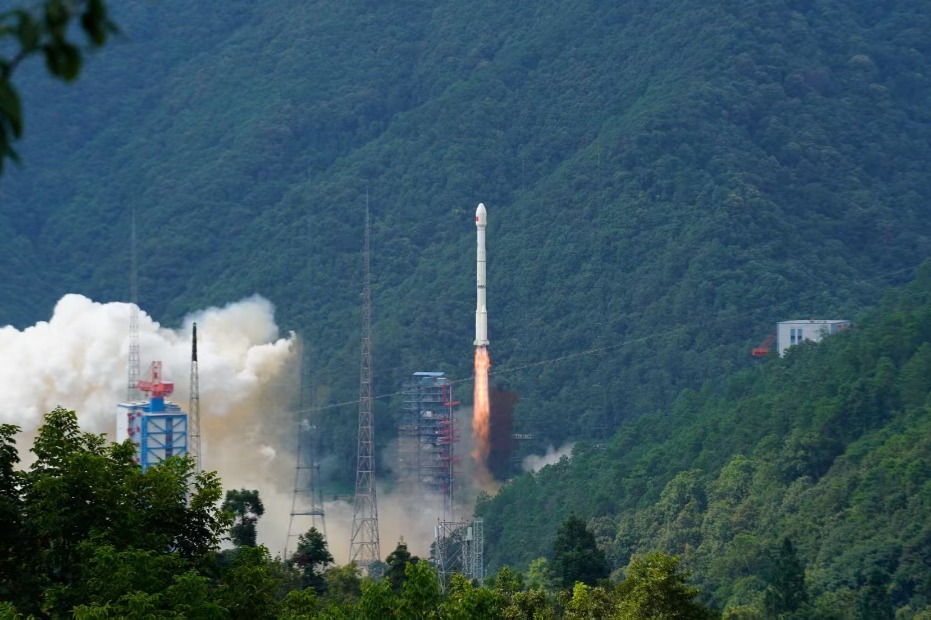Chinese scientists discover gene associated with prostate cancer

BEIJING - Chinese scientists have identified a new gene strongly associated with prostate cancer, offering new methods for diagnosis and treatment of the disease.
The newly identified biomarker, PCSEAT, was discovered by scientists from Suzhou Institute of Biomedical Engineering and Technology.
The research reveals that PCSEAT is overexpressed in prostate cancer patients, indicating that PCSEAT may be a potential therapeutic target. The research was published in the journal "Biochemical and Biophysical Research Communications" in May.
Based on the research, they have developed an early diagnosis for prostate cancer and applied for a patent. The application can significantly improve the accuracy of prostate cancer diagnosis and reduce the cost of diagnosis and treatment.
China has seen increasing cases of prostate cancer in recent years.
- China completes gene expression profiles of human digestive tract
- UK and China inject 47 million pounds into fight against superbugs
- Chinese scientists develop bionic nanodevice to combat breast cancer
- Mutation discovery could help prevent genetic disorders
- Researchers find fungus used in traditional medicine can fight cancer
- Macao SAR's broad money supply expands in July
- China's landmark trade corridor freight tops 1m TEUs in 2025
- Shandong-Taiwan trade fair held in Weifang
- China's CERES 1 rocket launches new satellites
- Better regulation of tipping behaviors urged to boost livestreaming sector
- China premieres first 8K documentary on manned spaceflight mission




































